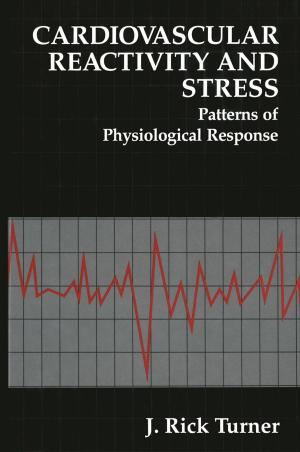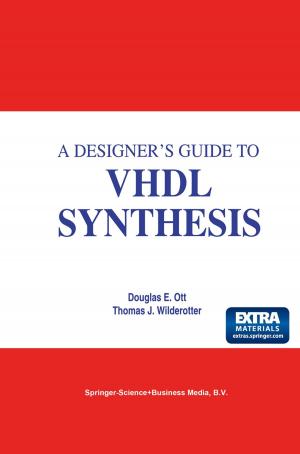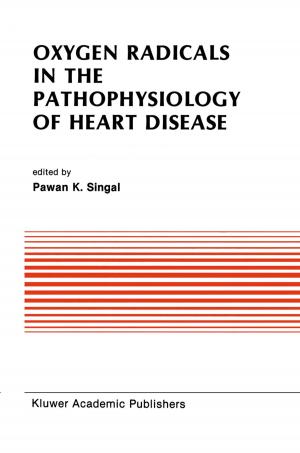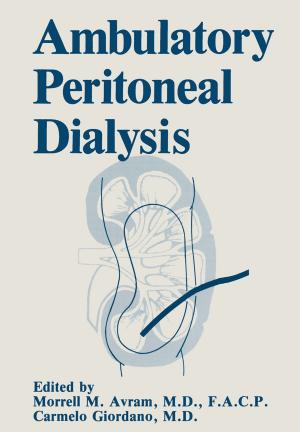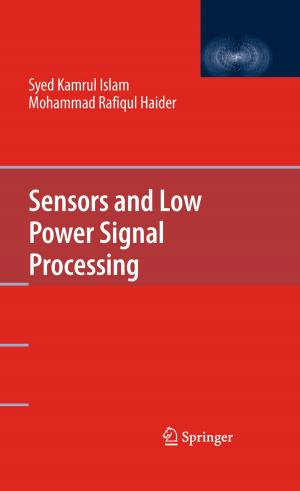| Author: | ISBN: | 9781461549352 | |
| Publisher: | Springer US | Publication: | December 6, 2012 |
| Imprint: | Springer | Language: | English |
| Author: | |
| ISBN: | 9781461549352 |
| Publisher: | Springer US |
| Publication: | December 6, 2012 |
| Imprint: | Springer |
| Language: | English |
Corruption has been part of our economic and political life since ancient times. During the past few years, there has been a resurgence of interest in understanding the impact that corruption has on our societies. The objective of this volume is to stimulate further studies on corruption by providing a review of existing work in this field and raising some questions that warrant further research. Contributors to this volume synthesize studies dealing with various aspects of corruption and present some new questions regarding the origin and impact of corruption. Accordingly, this volume has two aims. First, it attempts to bring together essential elements of different approaches that have been used to understand corruption. Second, many of the contributors in this volume propose a shift in the focus of studies on corruption away from bribery-type activities to corruption that results in distortion of economic policies.
Economics of Corruption seeks to define and model corruption. The contributions in this volume examine the political economy of corruption - that is, why it continues to exist - as well as its consequences, and what measures, if any, can be brought to bear on this phenomenon.
Corruption has been part of our economic and political life since ancient times. During the past few years, there has been a resurgence of interest in understanding the impact that corruption has on our societies. The objective of this volume is to stimulate further studies on corruption by providing a review of existing work in this field and raising some questions that warrant further research. Contributors to this volume synthesize studies dealing with various aspects of corruption and present some new questions regarding the origin and impact of corruption. Accordingly, this volume has two aims. First, it attempts to bring together essential elements of different approaches that have been used to understand corruption. Second, many of the contributors in this volume propose a shift in the focus of studies on corruption away from bribery-type activities to corruption that results in distortion of economic policies.
Economics of Corruption seeks to define and model corruption. The contributions in this volume examine the political economy of corruption - that is, why it continues to exist - as well as its consequences, and what measures, if any, can be brought to bear on this phenomenon.


